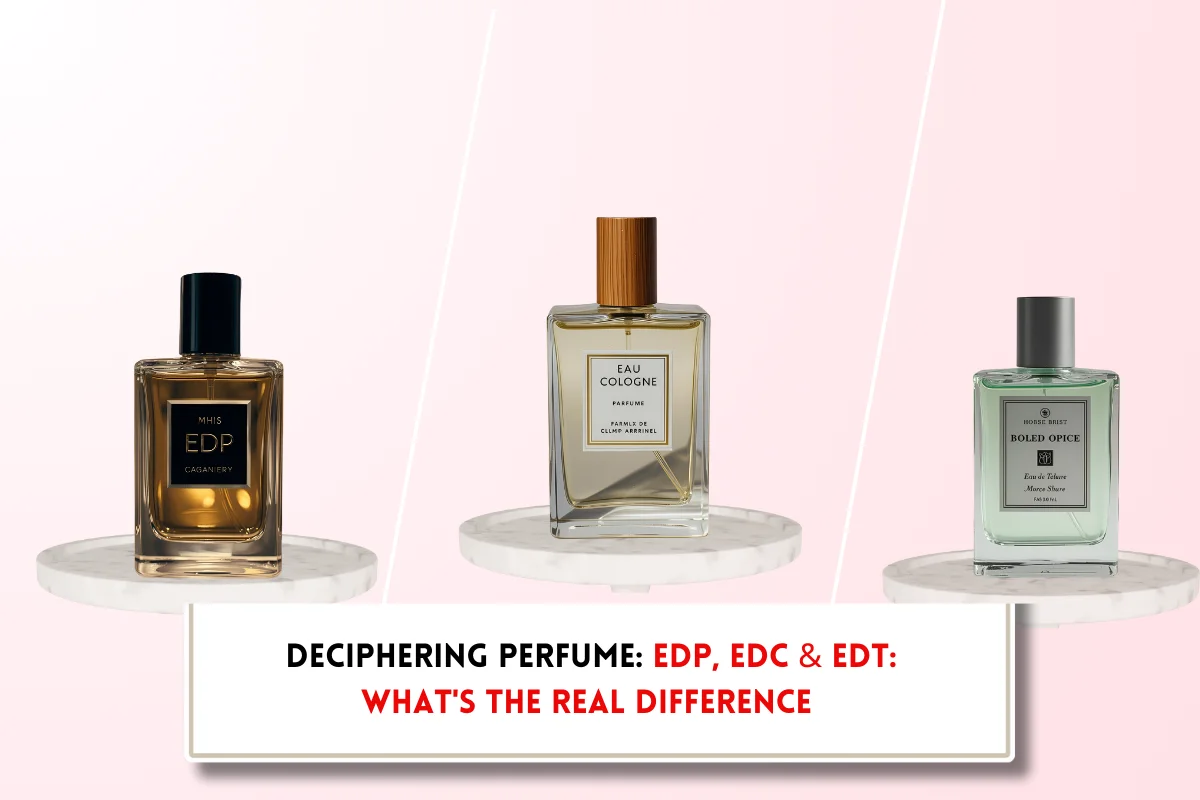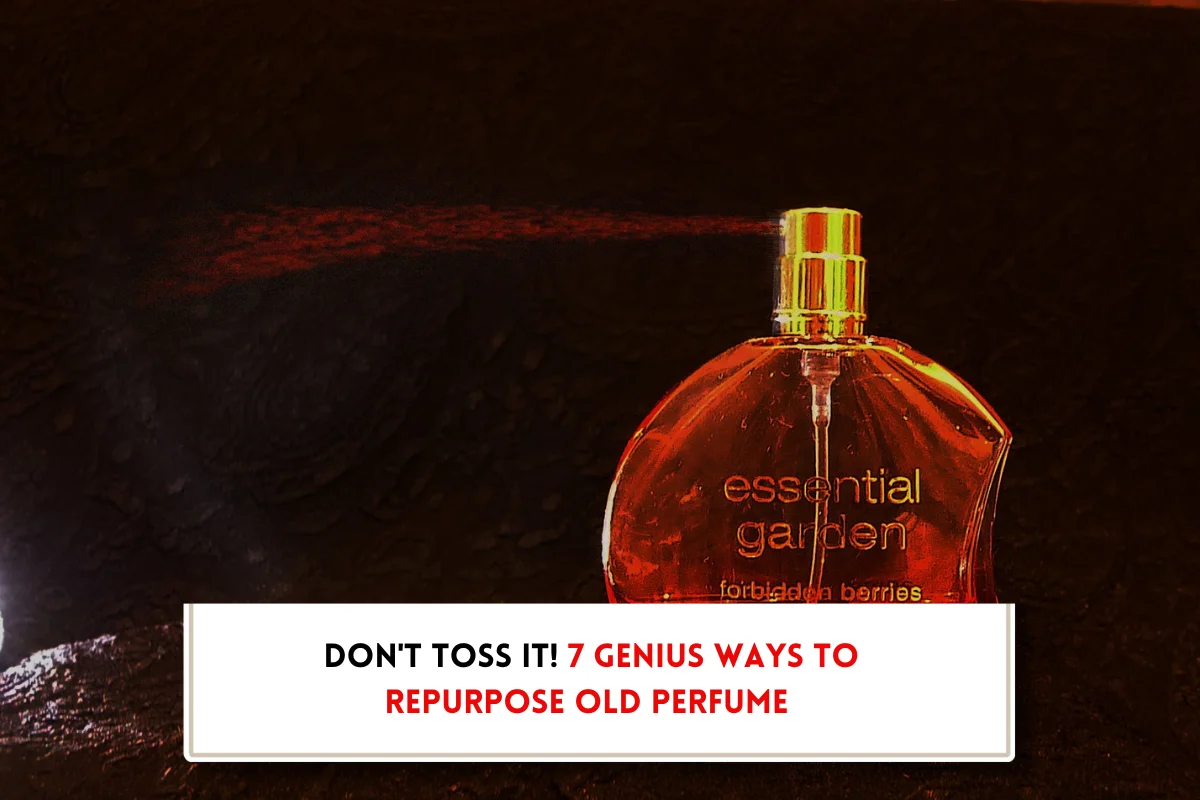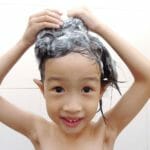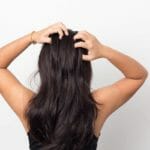Can men use women shampoo?
At BeautyCaters, our expert team independently curates every recommended product. Purchases through our links may earn us a commission. Explore our transparent selection process.
You’ve been there – rummaging through the aisle for a specific shampoo, labeled “for men” and grabbed the closest one, but a floral-scented bottle, leaving you wondered can men use women shampoo? This question often sparks curiosity and debate. So, here I present a detailed study. Find out is it just a marketing ploy, or is there real differences between the two? Let’s dive into the world of hair care and as you explore the surprising similarities and differences and, debunk common myths.

Why are shampoos gender-based?
Marketing plays a significant role in perpetuating gendered-based hair care products-specifically shampoo. Companies often label their products as “for men” or “for women”. By emphasizing stereotypical gender roles and preferences, companies effectively target specific demographics and foster a sense of exclusivity. For instance, men’s shampoos often focus on addressing issues like oiliness and dandruff, while women’s products also emphasize moisture, volume, and shine. Additionally, fragrance plays a crucial role, with masculine scents appealing to male consumers and floral or fruity fragrances targeting women.
While there are some subtle differences in hair care needs between men and women, the primary factors that influences shampoo choice should be hair type, scalp condition, and individual preferences. After all, choosing a shampoo based on hair type and concerns rather than gender is likely to yield better results.
Difference between men’s and women’s shampoo
The hair care industry has successfully marketed the notion that men and women require distinct shampoo products. However, a closer examination reveals that the primary differences between these products often lie in fragrance, packaging, and marketing rather than actual formulation.
| Feature | Men’s Shampoo | Women’s Shampoo |
| Fragrance | Masculine scents (fresh, clean) | Diverse scents (floral, fruity, fresh) |
| Formulation | Focus on oil control, dandruff | Variety of formulations for different hair types |
| Packaging | Masculine design | Diverse packaging options |
| Marketing | Strength, thickening | Hydration, repair, color protection |
| Target Audience | Men | Women |
| Product Range | Limited options (2-in-1 common) | Extensive range of products |
| Price | Mid-range | Budget to premium |
While subtle variations in fragrance and certain formulations exist, the core function of both men’s and women’s shampoos is to cleanse the hair and scalp. Ultimately, the best shampoo for an individual depends on their specific hair type and concerns rather than gender.
Related: Can you mix shampoo and conditioner?
Ingredients in shampoo
Key ingredients in women’s shampoo
Women’s shampoo is all about pampering. Think of it like a spa day for your hair. Ingredients like argan oil, keratin, and coconut oil are the MVPs here, helping to keep hair soft, shiny, and happy. It’s like giving your hair a big hug.
Key ingredients in men’s shampoo
Men’s shampoo is more like a workout for your scalp. It’s focused on tackling problems like oily hair and dandruff. Ingredients like zinc pyrithione, salicylic acid, and caffeine are the go-to guys for keeping things fresh and clean.
Basically, women’s shampoo is like a moisturizing face mask for your hair, while men’s shampoo is more like a deep clean.
Male vs. Female scalp: Key differences

Scalp health varies between genders. Research indicates that male scalps tend to be oilier and more prone to issues like dandruff due to higher sebum production and a weaker scalp barrier. Conversely, female scalps are often drier, particularly for those who undergo frequent chemical treatments.
Key differences:
- Sebum production: Men produce significantly more sebum, leading to oilier scalps.
- Scalp barrier: The male scalp barrier is generally weaker, making it more susceptible to dryness and irritation.
- Hair treatments: Women are more likely to use hair dyes, perms, and other chemical treatments, which can dry out the scalp.
These gender-specific scalp characteristics is crucial for selecting appropriate hair care products and maintaining optimal scalp health.
Comparison of men’s and women’s hair
Before exploring the impact of women’s shampoo on men’s hair, it is essential to understand the key differences between men’s and women’s hair. Men typically have shorter hair compared to women, and their scalp tends to produce more sebum, giving their hair a naturally oilier texture. Additionally, men are more prone to hair loss and thinning due to genetic factors.
| Men’s Hair | Women’s Hair |
|---|---|
| Shorter length | Varies in length |
| Naturally oilier | Varies in oiliness |
| Prone to hair loss and thinning | Lower risk of hair loss |
Can men use women shampoo?
Yes, men can use women’s shampoo. Shampoo, in its composition, does not discriminate based on gender. Both men and women can benefit from using the same product because the fundamental purpose remains the same: to cleanse the hair and maintain its health.
Impact of women’s shampoo on men’s hair
While there’s no scientific evidence suggesting that women’s shampoo will harm men’s hair, women’s shampoo offer several benefits to men. The formulations of women’s shampoo often focus on moisturizing properties, which can be advantageous for individuals with dry or damaged hair. Some men might find that certain ingredients in women’s shampoos, such as those designed to add moisture or shine, aren’t necessary for their hair type.
It’s crucial, however, to keep in mind that using women’s shampoo should always align with your personal hair goals and preferences. If you have specific concerns, like dandruff or thinning hair, it’s advisable to consult a dermatologist or trichologist to ensure you choose the right product for your individual needs.
Key considerations when using women’s shampoo:
- Hair type: The most important factor is choosing a shampoo that suits your specific hair type (oily, dry, normal, etc.), regardless of whether it’s marketed to men or women.
- Scalp condition: If you have specific scalp concerns like dandruff or itchiness, look for a shampoo that addresses those issues.
- Fragrance: Some men might prefer the stronger, fresher scents often found in men’s shampoos.
Ultimately, the best way to determine if women’s shampoo is right for you is to try it out and see how your hair responds.
Expert opinions and Personal testimonies

Your hair is an essential part of your overall appearance. As a man, you may wonder if it’s acceptable to use women’s shampoo to achieve a healthier and more luscious mane. In this chapter, I will delve into personal experiences and experiments related to men using women’s shampoo. By sharing these insights, I aim to provide you with a well-rounded understanding of the topic.
Expert opinions on men using women’s shampoo
Hair care professionals generally agree that the effectiveness of shampoo hinges on hair type and scalp condition rather than gender. While marketing often suggests otherwise, the core function of shampoo remains consistent across both men’s and women’s products.
Experts emphasize the importance of choosing a shampoo based on specific hair concerns, such as oiliness, dryness, or dandruff, rather than relying solely on gender-specific labels. Additionally, they recommend prioritizing products free from harsh chemicals to maintain optimal hair health.
Testimonies from men using women’s shampoo
Countless men have reported positive experiences using women’s shampoo. Common benefits include improved hair softness, increased shine, and even accelerated hair growth. Some men with specific hair textures, such as curly or frizzy hair, have found that women’s shampoos better address their hair care needs.
Final Word: Can men use women shampoo?
No, matter what marketing often suggests, the truth is men can confidently borrow their partner’s shampoo. The key to healthy hair lies in choosing a product that prioritize ingredients that address your scalp and hair needs, suits your specific hair type, rather than adhering to gender-specific labels. Remember, a good hair day is gender-neutral!










